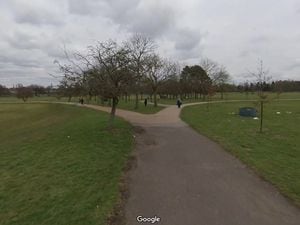Victim’s family fight to cut deaths after knife crime summit
The father of stab victim James Brindley has called on MPs and police chiefs to launch a national advertising campaign to help reverse the alarming rise in knife crime.
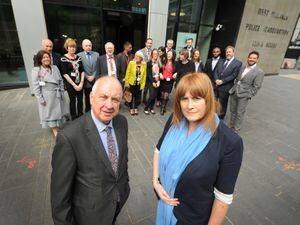
Mark Brindley, whose 26-year-old son was fatally stabbed near his Aldridge home in June 2017 as he was talking on his mobile phone, made his stand at a knife crime summit in Birmingham yesterday(FRI), saying action had to be taken now to prevent more deaths.
The meeting, called by the All-Party Parliamentary Group (APPG) on Knife Crime, was called to discuss innovative approaches to tackling the problem.
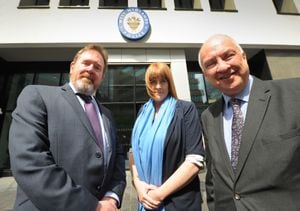
It followed publication this week of the latest knife crime figures which showed a record 17 per cent leap in knife crime last year in the West Midlands compared to 2017, and an 85 per cent rise since 2012, one of the biggest rises in the country.
The region has been one of the earliest adopters of a public health approach to the issue through the West Midlands Violence Prevention Alliance (WMVPA), which was pioneered in Scotland and has since been adopted by the Mayor of London.
But Mr Brindley said: "I've looked at all the ideas, all the strategies, and yes, everyone has come to a consensus on the sensible approach which is addressing the root causes and and taking a public health stance on the issue surrounding knife crime.
"That's a long-term strategy – and we're still seeing young people dying on the streets, and the knife crime rate seems to be increasing."
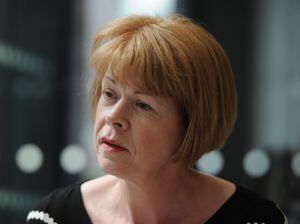
He said he had been working on short-term strategies to address the problem "to make a more immediate impact" using social media, print, TV and radio.
"I've proposed a national ad campaign that dispels myths, and that educates and informs people where they can go to get help. That was something that used to be done quite regularly in the past. I think it's a quick way of people getting information that will help with the figures."
Mr Brindley, with his wife Beverley and daughter Charlotte, recently launched the James Brindley Foundation, and the James Brindley Full Circle Programme, a 12-week counselling programme for troubled youngsters.
He said trying to tackle the problem of knife crime was "completely and utterly" overwhelming.
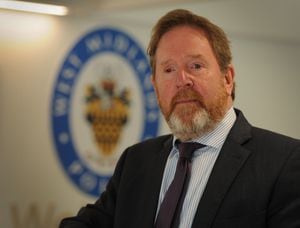
"Knowing about how to best source funding, who to talk to to make things happen, it's overwhelming, and you just learn as you're going, it's like walking. At the moment, as a foundation, we're still crawling, and we want to stand and we want to walk and we want to run."
Wendy Morton, MP for Aldridge and Brownhills, was also among those who took part in the summit, said she was there to support Mr Brindley and to learn more about the work that the alliance was doing across the West Midlands.
"It hits home most when you're an MP and it happens in your own constituency. I'm very conscious of the impact that it had in a constituency like mine where you don't expect it."
She said knife crime was not going to be solved just by putting more police on the street. "We've got to be really strategic which is why I think the alliance's approach is a good one," she added.
Sarah Jones, chair of the APPG described knife crime as "a public health crisis". She said: "The only way we will stem the tide of violence is by treating it like a disease – intervening with those most affected and immunising the next generation.
"We know knife crime is a major concern for people in the West Midlands but it’s really important to see the work being done here to treat violence as a public health issue. The safety of our young people must be our number one priority."




